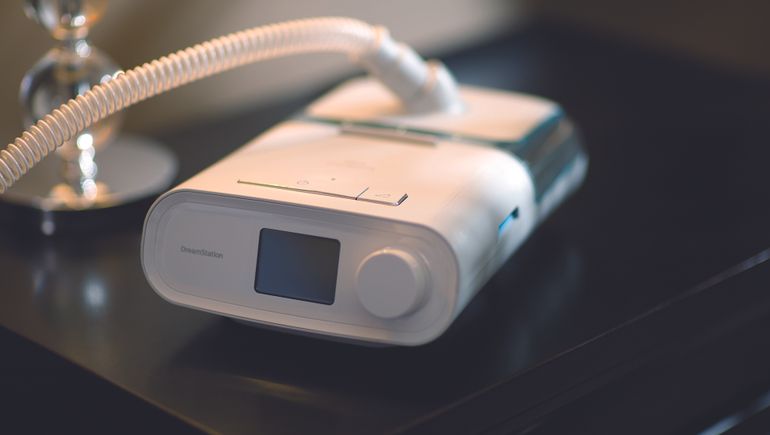Philips said Monday its second-quarter sales rose 9% to €4.5 billion ($5 billion) from a year ago as it continued to make progress addressing the recall of millions of sleep apnea devices.
The Dutch medical device maker said the previously disclosed litigation and U.S. Justice Department investigation into the recall are ongoing, as are discussions on a proposed consent decree.
“Completing the Philips Respironics field action remains our highest priority. The vast majority of the sleep therapy devices are now with patients and home care providers, and we are fully focused on the remediation of the affected ventilators,” CEO Roy Jakobs said in a statement.
The company swung to a net profit of €74 million in the quarter, from a loss of €20 million in the year-ago period.
Philips also raised its full-year 2023 outlook based on improved performance in the first half, order book growth and actions to improve execution. It now expects mid-single-digit sales growth and an adjusted EBITDA margin at the upper end of the high-single-digit range.
To date, the Amsterdam-based company has reduced its workforce by about 6,600 positions, out of a planned reduction of 7,000 roles by 2023 and 10,000 in total by 2025, it said. The cuts, together with procurement changes and other productivity programs, resulted in savings of €237 million in the quarter.
“We are progressing to plan on our three priorities to enhance patient safety and quality, strengthen supply chain reliability, and simplify how we work, and I am pleased with our improved operational performance across all segments and geographies in the quarter,” Jakobs said.
Philips began recalling millions of sleep apnea and ventilator devices in 2021 after complaints that the foam insulation could break down and be inhaled or ingested.
The recall affects continuous positive airway pressure machines, bilevel positive airway pressure machines and ventilators. Some of the devices are used to treat sleep apnea, a disorder where patients’ breathing stops and starts.
Philips said it has completed testing and analyses for the first-generation DreamStation, System One and DreamStation Go sleep therapy devices. It maintains the volatile organic compounds and particulate matter emissions related to foam degradation are within safety limits and unlikely to result in “appreciable harm” to health in patients. Testing of affected ventilators is ongoing.

